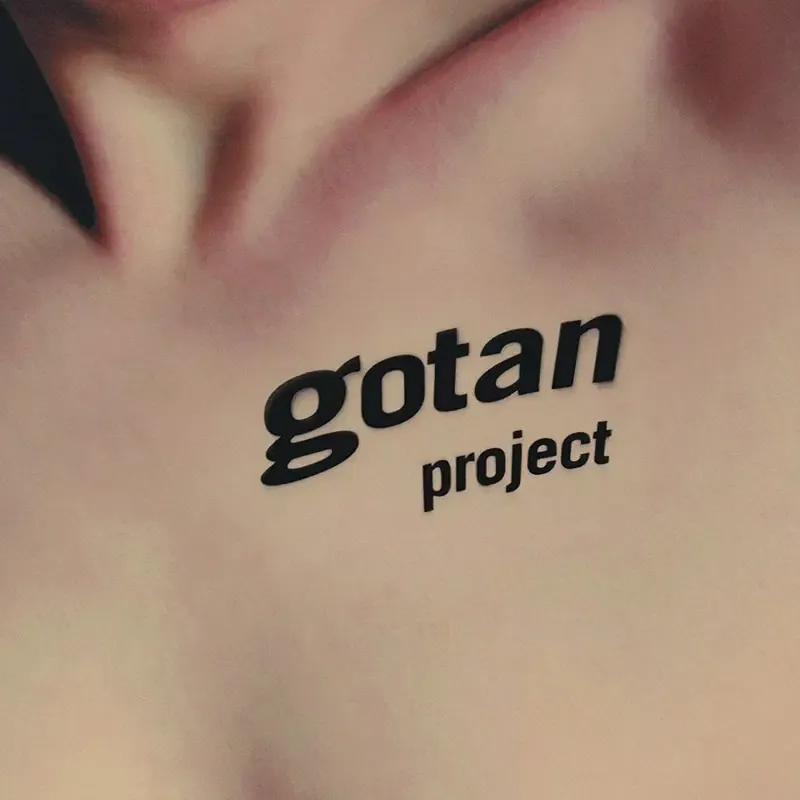Gotan Project — La revancha del tango. Story behind album

There are always hotheads who want to modernise traditional music, and there are always those who get offended by that. But Philippe Cohen, one third of the Gotan Project, reminds us that, in fact, in his native Buenos Aires, tango began as a punk movement of lowlifes—gangsters and cocaine junkies. Moreover, it remains the same.
“The roots of tango lie, as is the case with many kinds of music, in Africa. The word tango comes from an African dialect, just like the word milonga (the mother of tango. It’s also used to indicate the tango dancehall.) At the end of the 19th century, European and African immigrants got together in bars and brothels of Buenos Aires, and they started making music with the original Argentinians. Tango emerged from that. So it actually already is a hybrid of different kinds of music. And after it was mixed with Europe and immigration from Europe. But it was from the bad boys, from the harbor of Buenos Aires,” explains Cohen.


